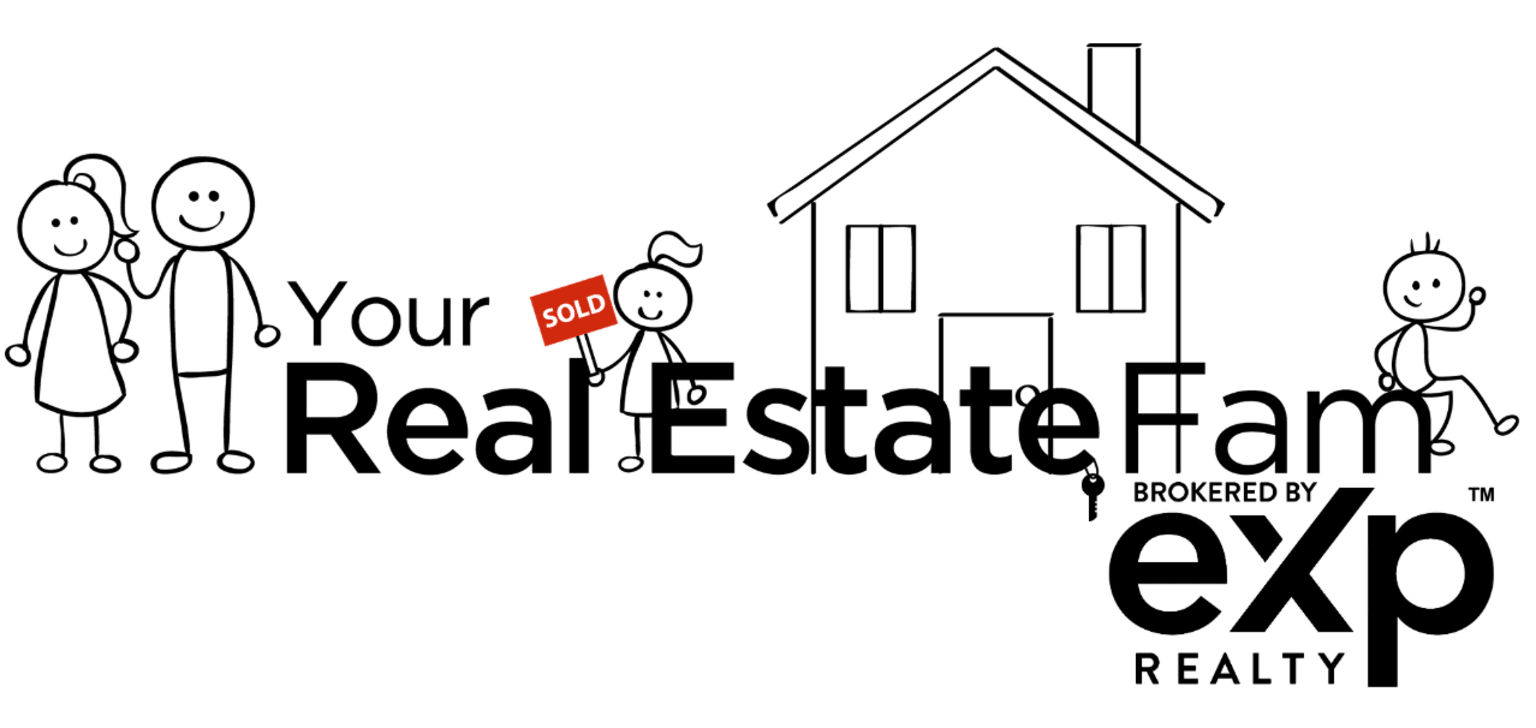Buying a condo can feel like stepping into a new world of homeownership. It’s a lifestyle with many perks, but there are also things to consider. So, is condo living worth it? Let’s dive into the Pros and Cons of Buying a Condo to help you decide. Whether you’re downsizing, buying your first home, or looking for a change, understanding the full picture is important.
What Is a Condo?

Before we explore the pros and cons of buying a condo, let’s clarify what a condo is. A condo, short for condominium, is a type of property where you own your unit in a larger community. Unlike renting an apartment, owning a condo means you have full ownership of your unit and share common areas like the pool, gym, and gardens with other residents.
The Pros and Cons of Buying a Condo
When thinking about the Pros and Cons of Buying a Condo, let’s start with the benefits:
Pros
Low Maintenance, High Convenience
One of the biggest perks of owning a condo is the low-maintenance lifestyle. You don’t have to worry about mowing the lawn, shoveling snow, or exterior repairs. The homeowners association (HOA) handles these chores, freeing up your time. This is a big plus for busy people, retirees, or anyone who doesn’t enjoy home maintenance.
Added Security
Condos often come with security features like gated entrances, surveillance cameras, and sometimes even on-site security staff. This extra layer of security can give you peace of mind, especially if you live alone or travel often.
Access to Great Amenities
Another benefit of condo living is access to amenities that you might not afford with a single-family home. Think of pools, fitness centers, and clubhouses—all maintained by the HOA. These amenities can enhance your lifestyle and offer social opportunities right where you live.
Affordable Entry into Homeownership
Condos are often more affordable than single-family homes. This makes them a good option for first-time homebuyers or those looking to downsize. Depending on the location, you might find you can afford a condo in a prime area where a house would be too expensive.
Potential for Appreciation
In the past, condos appreciated slower than single-family homes. However, this has been changing. As cities grow and land becomes scarce, condos in desirable locations have seen significant increases in value. This makes condos a potentially good investment.
Prime Locations and Urban Living
Many condos are in vibrant, urban areas close to work, entertainment, and public transportation. If you like the idea of walking to your favorite coffee shop or having a short commute, condo living could be ideal. Plus, properties in busy areas often appreciate faster than those in the suburbs.
Cons
Of course, there are downsides to consider when looking at the Pros and Cons of Buying a Condo:
HOA Fees
The convenience of condo living comes with a cost: monthly HOA fees. These fees cover maintenance, security, and amenities, but they can add up. And keep in mind—HOA fees can increase over time, which might strain your budget.
Less Privacy
While condos offer a community feel, they also mean less privacy. Shared walls and common spaces can make it easy to hear your neighbors. If you value peace and quiet, this could be a drawback.
Potential for Poor Management
Not all HOAs are well-managed. A poorly run HOA can lead to maintenance delays, unexpected fees, and financial issues. It’s important to research the HOA’s management before buying into a condo community.
Strict Rules and Regulations
Living in a condo means following the rules set by the HOA. These rules can cover everything from the number of pets you can have to the color of your front door. If you value freedom to make changes to your home, this could be frustrating.
Challenges in Selling
Selling a condo can be harder than selling a single-family home. The pool of buyers is smaller, and high HOA fees or poor management can deter potential buyers. If many similar units are for sale in your building, competition could lower prices.
Shared Financial Responsibility
In a condo, you share the financial responsibility for the community’s upkeep with your neighbors. If others fail to pay their HOA dues, you might face higher fees to cover the shortfall. This shared responsibility can lead to unexpected costs.
Tips for Buying a Condo
Aside from talking about the pros and cons of buying a condo, we wanted to give you some tips. If you decide that condo living is right for you, here are some tips to help you make a smart purchase:
Research the HOA
Before buying, make sure to research the HOA. Ask about their budget, reserves, and any upcoming assessments. A well-managed HOA is key to a smooth condo living experience.
Consider the Community Vibe
Spend time in the community to get a feel for the environment. Talk to current residents about their experiences. This can help you decide if the community fits your lifestyle.
Understand the Rules
Make sure you’re comfortable with the HOA’s rules before buying. Review the bylaws and think about how they might affect your day-to-day life.
Think Long-Term
Consider the long-term resale value of the condo. Look at factors like location, the health of the HOA, and the building’s condition. These will all impact how easy it is to sell your condo in the future.
Pros and Cons of Buying a Condo – Is it Right For You?
Buying a condo has its pros and cons. For some, the convenience, security, and amenities make condo living a great choice. For others, the HOA fees, lack of privacy, and potential for management issues might be deal-breakers. By carefully weighing the Pros & Cons of Buying a Condo, you can make the best decision for your lifestyle and financial goals.
If you need help with relocating or anything, feel free to give us a call!



